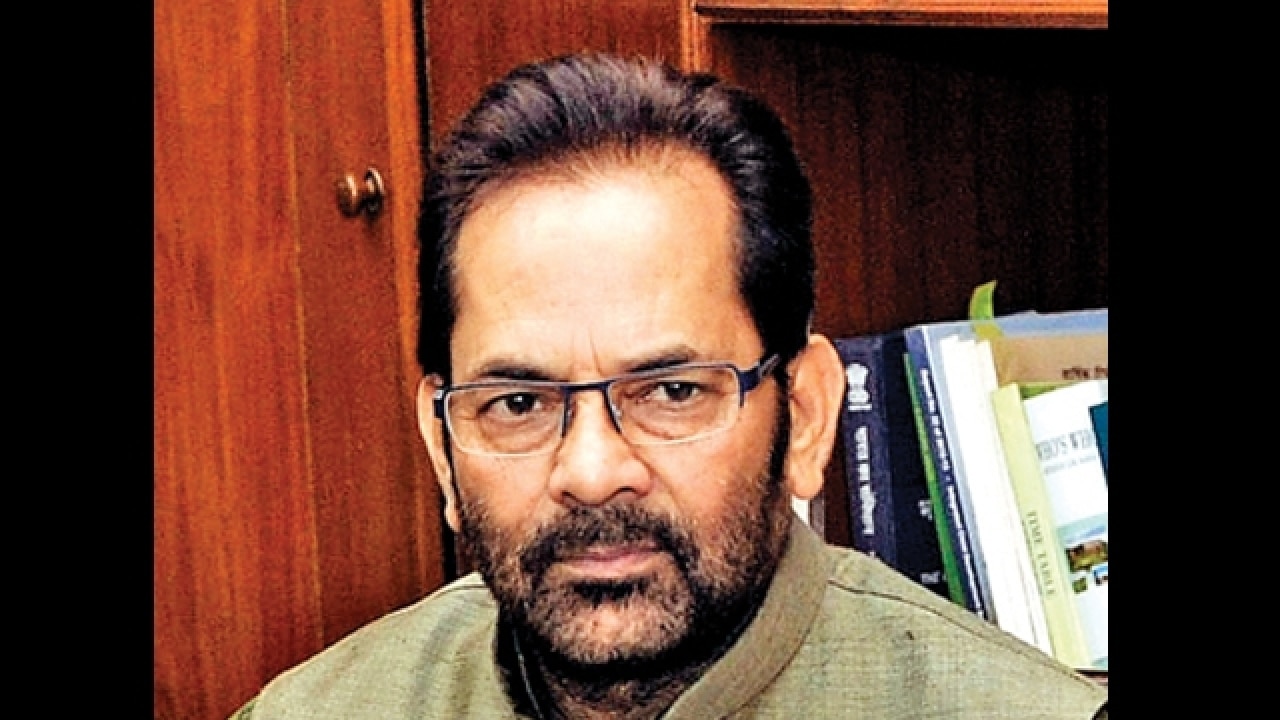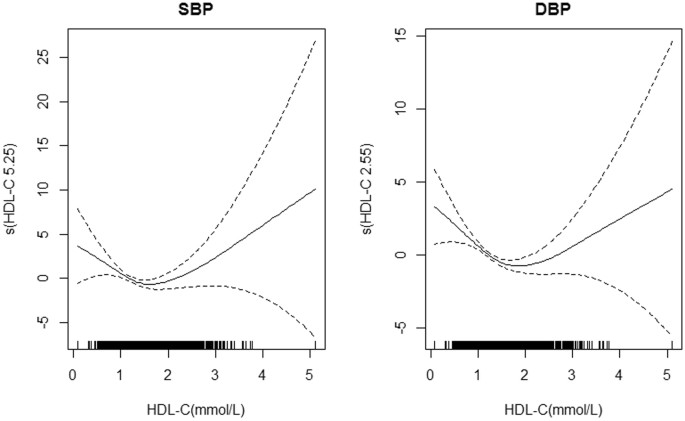
- Select a language for the TTS:
- UK English Female
- UK English Male
- US English Female
- US English Male
- Australian Female
- Australian Male
- Language selected: (auto detect) - EN
Play all audios:
George M. Keller, who oversaw the formation of Chevron Corp. in what was then the largest corporate takeover, died Friday in Palo Alto. He was 84.
The former chairman and chief executive, who lived in San Mateo, died of complications from orthopedic surgery, his daughter-in-law Emma Gilbey Keller told the New York Times. Keller’s son
Bill is executive editor of the newspaper.
As chairman of Standard Oil Co. of California, Keller executed the company’s $13.3-billion takeover of Gulf Oil to form Chevron in 1984. The merger, made to fend off a hostile takeover bid
by Texas oilman and corporate raider T. Boone Pickens, was considered risky at the time.
“It’s more than I would have liked to have spent, but I was in a poker game and couldn’t see the other players,” Keller said afterward, according to Time magazine.
But in an interview with Fortune magazine a few years later, Keller praised the acquisition as a success. He noted that the deal doubled Chevron’s oil reserves, and that much of it was paid
for by selling some of Gulf’s assets.
George Matthew Keller was born in Kansas City, Mo., on Dec. 3, 1923, and grew up in Chicago. Fascinated by chemistry, he enrolled at the Massachusetts Institute of Technology. After a year
of studies he joined the U.S. Army Air Forces and served as a meteorologist in Labrador in eastern Canada during World War II. He returned to MIT, earned a degree in chemical engineering in
1948 and moved with his wife, Adelaide, to the San Francisco Bay Area to take a job at Standard Oil.
He designed refineries before overseeing various foreign operations for the company and, moving up the corporate ladder, becoming chairman in 1981.
Keller was known to take risks. At his first board meeting, he approved a $600-million bid for offshore leases that led to the discovery in 1982 of an oil field in the Santa Maria Basin off
Southern California that yielded hundreds of millions of oil barrels.
He was also opinionated. In the 1980s, he recommended that the federal government set the price of oil high to encourage drilling, going against the sentiments of many in the oil industry
who were opposed to government intervention. Keller argued unsuccessfully that without subsidies, domestic oil companies could not afford to invest in oil and gas exploration, leaving the
country overdependent on oil imported from foreign suppliers.
Keller also defended Chevron’s decision to do business with a Marxist government in Angola in the ‘80s. He said other companies would take Chevron’s place if the oil giant left. Nonetheless,
critics of the company’s operations there created old-fashioned “wanted” posters excoriating the CEO.
Besides his son Bill of New York, Keller is survived by two other sons, Bob of Denver and Barry of Granite Bay, Calif.; and six grandchildren. His wife of 60 years died in 2007.







